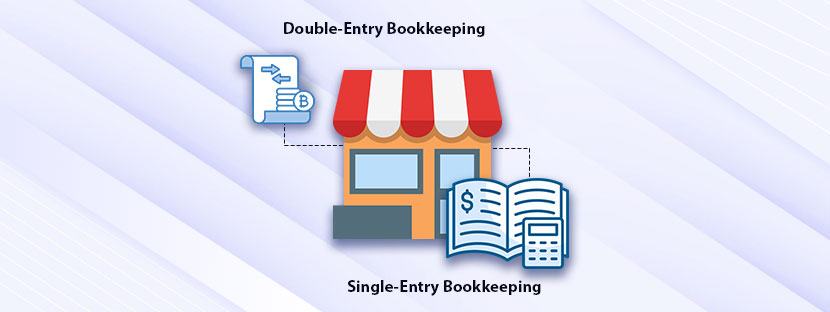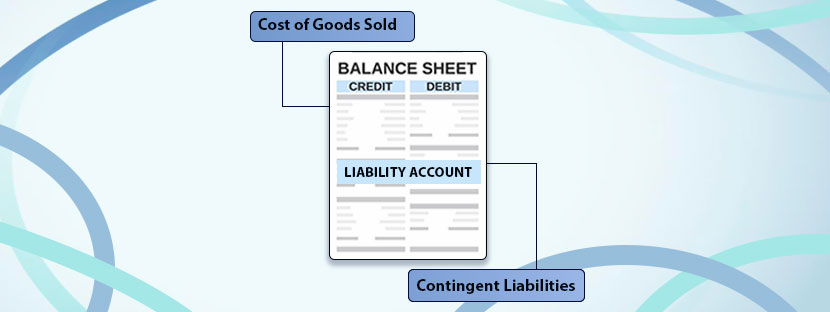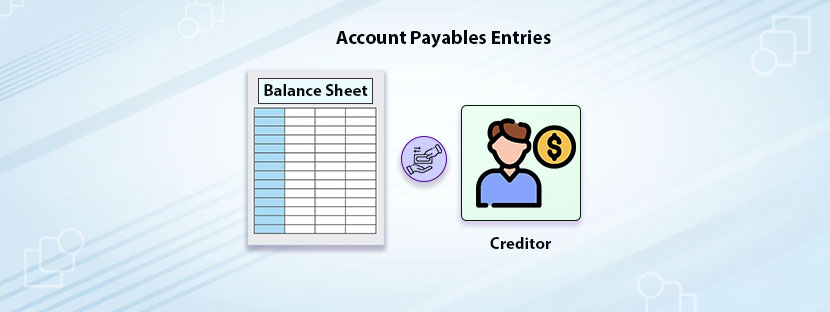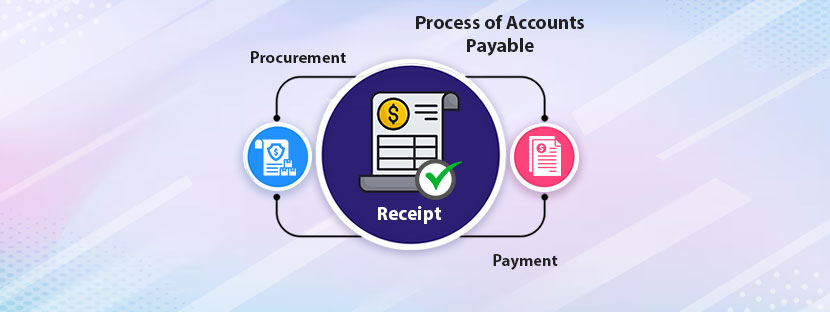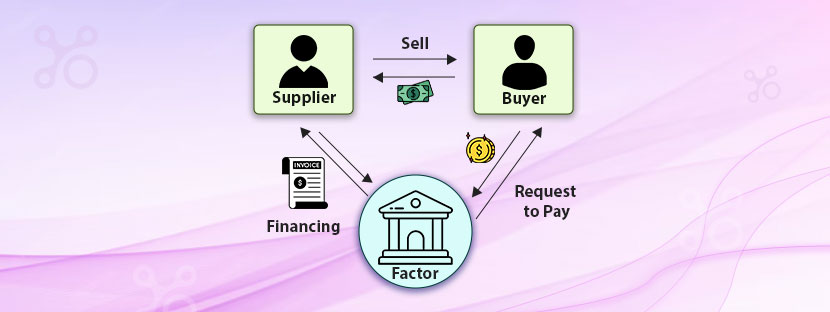Handling bookkeeping tasks all alone can be an overwhelming experience for many. Believe me, bookkeeping tasks sometimes turn into mundane and boring tasks, especially when you don’t enjoy them. But, let me tell you some secret bookkeeping tips that may help make your boring tasks easy and simple. If you own a small business and are looking for some quick tips for bookkeeping, welcome you to this blog.
Filling financial spreadsheets can be a nightmare for many small business owners. I know that. Hence, you’re looking for some quick tips to finally complete your task in easy terms. But let me tell you bookkeeping follows a set of accounting rules and you have to understand those rules first before kicking into bookkeeping.
So, before you make a mistake and waste time on doing bookkeeping wrongly, understand the basics. I’ll simplify the core of bookkeeping for you here.
Introducing Bookkeeping for Small Businesses
Small business owners have two options to do the bookkeeping work. Comparatively, bookkeeping in small businesses is less complex and quite straightforward. They can follow either of the two following rules;
Single-Entry Bookkeeping – One entry per transaction (either debit or credit)
Double-Entry Bookkeeping – Two entries per transaction (one for debit and another for credit)
Every single transaction made on your business must follow either of the two accounting systems. Single entry is less complex and suited best for those who have basic knowledge of accounting. However, double entry is a more elaborate and universally-accepted accounting practice, which demands constant attention. I’d like to recommend you go through all the details of each accounting system before you start practicing bookkeeping for your business.
Why Bookkeeping is Relevant for Small Businesses

Bookkeeping, in all senses and across all sized businesses, is an absolutely necessary thing. Following bookkeeping tips can help up to a certain level to manage your business finances if you’re doing it on your own. Bookkeeping is all about tracking your income and loss so that you can understand your financial health at any given point.
Bookkeeping is a necessary and relevant practice for every business to track all their monetary transactions. Not just tracking, the scope of bookkeeping is much bigger and more comprehensive. It begins with;
Bookkeeping is a regular practice and you have to be very consistent in our practices throughout the financial year. Small businesses have to commit to this practice to record business transactions accurately and avoid financial complications in the future.
Challenges Small Business Owners Face in Bookkeeping
Running a small business is a tough deal, especially when you handle it all alone. Having some prior knowledge of bookkeeping can positively impact your business; otherwise, you have to rely on some bookkeeping tips to manage them. However, many small business owners, even if they know the bookkeeping rules, face challenges when maintaining their financial records. The most common bookkeeping challenges they face are;

I Difficulties in Tracking Cash Flow
Managing cash flow operations smoothly is the basis of bookkeeping practices. Cash flow tracking is essential for small businesses to meet unexpected expenses. Putting all income and revenue sources in the right method is important to track cash flow operations. Maintaining the process throughout the financial year sometimes becomes overwhelming for many small businesses. It happens because they might get involved in other important tasks as well.
II Maintaining Accurate Payment Records
All payments made during the entire financial year come under the purview of the IRS’s taxation rules. So, you have to keep all records accurately intact to file tax reports later on. The IRS imposes heavy penalties when they find errors in your tax records. Following all the latest tax codes, you have to frame your payment data before filing your tax reports. However, many small business owners find it quite difficult to do and they often complain about this as it kills their productive time.
III Making Unnessessay Errors while Reconciliation
I know you face this challenge quite often and it is negatively impacting your financial operations overall. Reconciliation of the books is a critical task and it demands expertise. Here also, the IRS imposes heavy fines when they find calculation mistakes in reconciliations. A constant observation is necessary for perfectly covering reconciliation matters. Plus, local taxation laws also play a critical role in financial matters.
IV Issues in Handling Accounting Software
Many business advisors have shared bookkeeping tips where they recommended small business owners using accounting software. However, the experience of using any software for bookkeeping purposes is not uniform in every case. Many business owners find it difficult to switch platforms for bookkeeping purposes. A report by QuickBooks reveals that 42% of small business owners admitted that they had no financial knowledge before starting their businesses. They learned things at the pace of their business growth.
7 Best Bookkeeping Tips and Advice for Small Business Owners
Implementing the best accounting and bookkeeping practices at your small businesses demands constant efforts and proper resources. Managing finances for small businesses all by the owners is a tough deal. Do not take that stress. Let me guide you through my expert tips for bookkeeping that will minimize your challenges effectively.

1 Select Your Software
Gone are those days when businesses used to keep heavy books to record transactions. Now everything is digital. In the bookkeeping landscape, newly developed accounting software is doing wonders. They have exclusive features to perform accounting tasks more comprehensively. Switching to any compatible accounting software immensely benefits you. You can automate many tasks and handle many other things easily.
Some of the available and most popular accounting software you can choose from are;
- Intuit QuickBooks
- Xero
- FreshBooks
- PeachTree
- Wave
- Oracle Netsuite
Choose any of these accounting software to mark your step ahead in digital accounting. As a small business owner, you might need additional help in doing the accounting part. Software can help you with that. Primarily, it’ll automate most of your tasks and make your financial record-handling tasks easy.
2 Choose a Method
One of the best bookkeeping tips for small businesses is to choose your accounting method. Small businesses can follow either of cash-based or accrual-based accounting method. In most cases, a cash-based accounting system works beautifully for small-scale businesses. However, an accrual-based accounting system works wonders in many cases too. Let’s understand their differences and choose the best methods for your small business.
a. Cash-Based Accounting
Cash-based accounting is the simplest and most direct approach to accounting that suits businesses where the business cycle is shorter. Income is recorded in this method as ‘received’, not as ‘revenue’. This method is beneficial for small business owners where the business model is simple. Note that a cash-based accounting system is irrelevant when a business exceeds $25 million as annual revenue.
This method of accouting suitable for businesses that run on short cycles. If your business model falls under that, you can surely go for that. Otherwise, we can look for another method as the cash method sometimes creates challenges in the long run.
b. Accrual-Based Accounting
Compared to the cash method, the accrual method records ‘income’ when it’s billed, not when it’s received. Income is recorded in the books when the invoice gets issued. In terms of broadness, the accrual-based method presents a bigger financial picture. If you are planning to expand your business you can choose this method. On the downside, you may lose track of your fund in hand as this method considers invoices, not cash-in-hand.
3 Learn Digitial Filling
File your papers digitally and get the maximum benefits from it. Through digital filing, you can save time and speed up the entire filing process. For that, you need to select an accounting software or any cloud-based system and learn its uses. More importantly, you have to learn how to categorize documents like cash flow statements, income statements, invoices, receipts, and bank statements. Learning how to file tax digitally is one of the best bookkeeping tips that you can trust.
4 Build a Bookkeeping Schedule
Let me confirm with you again, bookkeeping is not a random task that you can do at a given time. Rather, bookkeeping is a regular process that you need to do regularly after every transaction. Here, you have to schedule payments, release payments on time, reconcile bank accounts, send payment reminders, and more such staff. Often bookkeepers get confused about all the matters so they schedule everything to their system.
It’s might difficult for you to manage everything as a small business owner. So, scheduling can help you immensely here. Any accounting software can have scheduling options that you need to utilize rationally.
5 Track Every Single Expense
No matter what the amount you paid through your business accounts, you must always keep it on record. Every single penny you pay from your business account must be recorded in the books. Mention the date of occurrence, the amount you paid, and lastly state the purpose. Follow any journaling method to keep all records.
6 Keep Personal and Business Expenses Separate
The best bookkeeping tips you can ever have is to keep your private expenses separate from business expenses. There is a specific term in accounting we use, called “drawing” when we withdraw anything from business for personal use. Plus, it has its separate calculation and accounting procedures. Therefore, keeping that in mind, you should keep personal and business expenses separate.
Tip: Using separate accounts in two different banks can help you here. It can clear the confusion and you would never pay out any expense from your business account or vice-versa. Cutting out all confusion should be your ultimate goal here.
7 Hire a Bookkeeper
Handling startups at the primary stage is like a rollercoaster ride. Often entrepreneurs face struggle at this stage only. The first mistake they made was to handle all tasks by themselves. Hopefully, you’re not like them. That’s why you can get bookkeeping services for start-ups to stay focused on the thing that adds core values to your business. Hiring a bookkeeper can cost you less than the cost you would probably make handling the bookkeeping tasks all by yourself.
One More Suggestion
Following all the bookkeeping tips perfectly can make your accounting system error-free. However, if you’re facing any issues while implementing all these tips, you must consult the experts. For the last 10 years, AskDataEntry has been handling regular bookkeeping tasks for many small and medium business owners across the globe. They are following the GAAP (Globally Accepted Accounting Principles) to handle the bookkeeping of all their client businesses. Still, if you have any queries, you can connect with us too.

